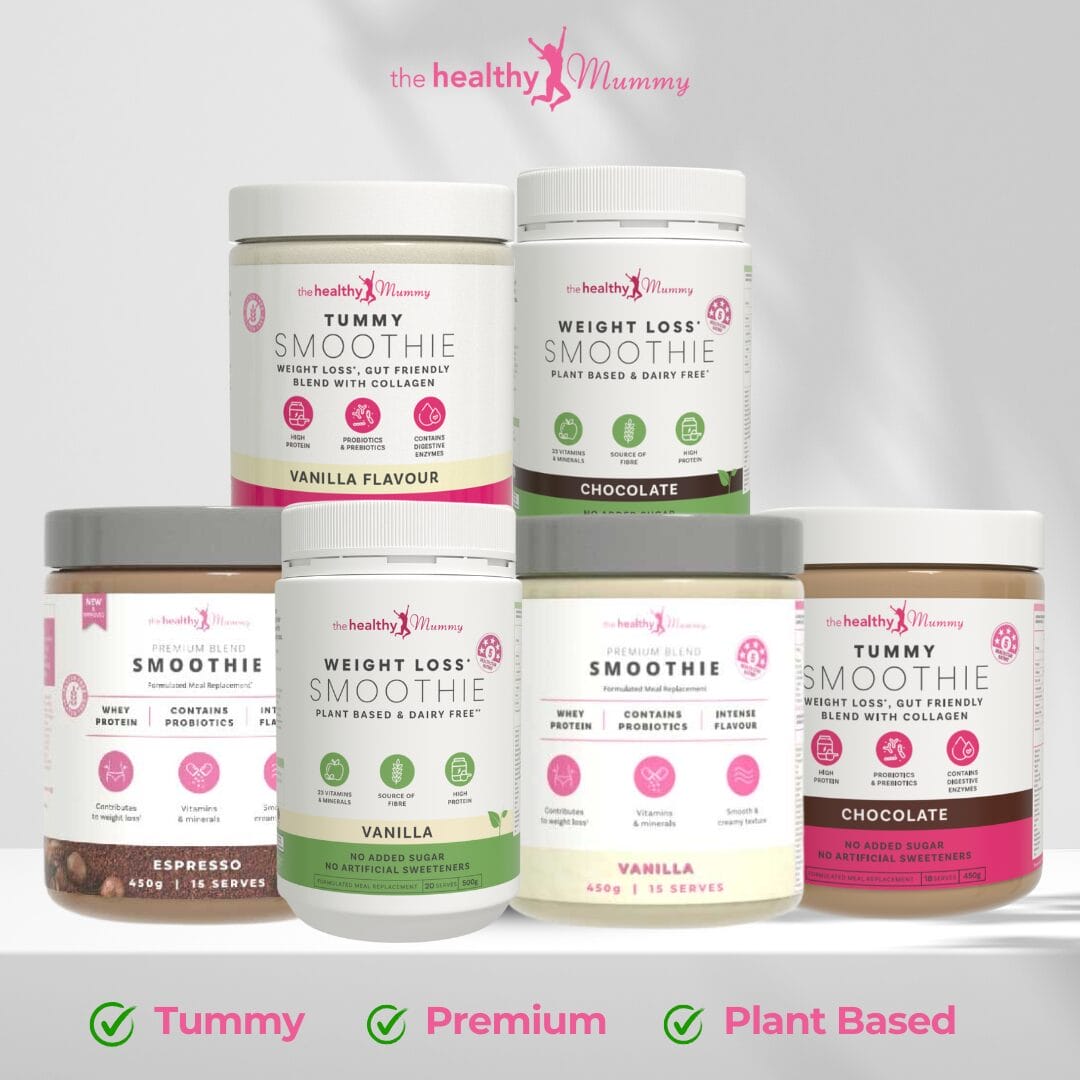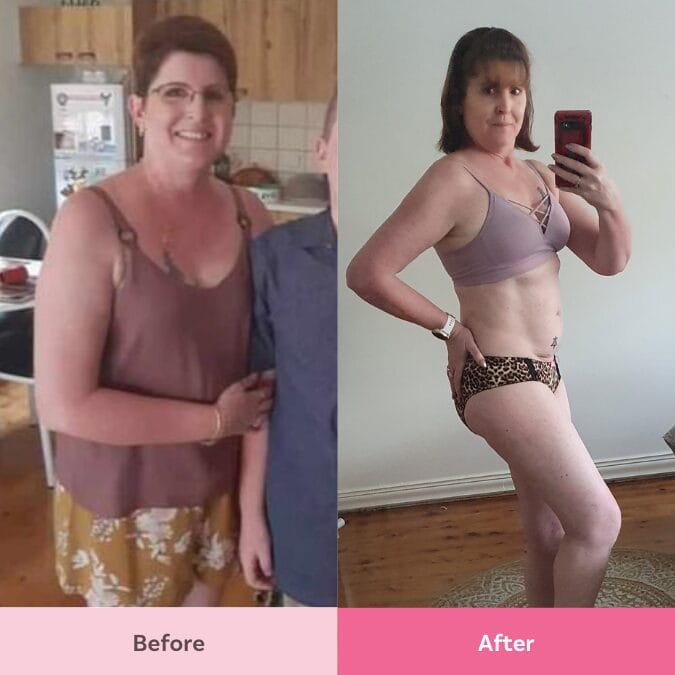How you can help support your mood during menopause
Common side effects and symptoms of menopause include mood swings, depression and forgetfulness, so knowing what to eat in order to support your mood during menopause will help alleviate these.
“Tell me what you eat, and I’ll tell you what you are,” says Professor Bourre in his report on the impact of food on mood, intelligence and memory.
Considering common side effects and symptoms of menopause include mood swings, depression and forgetfulness, thriving during these years means eating to support the brain and nervous system.
Let’s firstly talk about the essential ingredients, that is, vitamins and minerals needed in foods for health and wellness after 45 and why they are necessary. Then at the end, we’ll wrap up all these separate facts and nutrients into two practical and easy to follow solutions.

How can you help support your mood during menopause
A ‘roll call’ of the most important nutrients for mood, intelligence and memory through menopause includes a long list of vitamins and minerals.
- Vitamin B1 (thiamine) modulates cognitive performance especially as we age.
- Vitamins B1, B2 (riboflavin), B3 (niacin), and B9 (folate) improve the level of abstract thought.
- B5 (pantothenic acid) causes fatigue when it’s low.
- B6 (pyridoxine) is helpful for depression linked to fluctuating women’s’ hormones. B6 is involved in making the brain chemicals (neurotransmitters) needed to experience happiness, joy, motivation and calmness. Low B6 levels can cause insomnia, irritability, and depression. B6 also supports the adrenals, the organs that take over female hormone production after menopause. Plus B6 helps to alleviate bloating and water retention. B6 is an absolute powerhouse of goodness for women!
- Vitamin B9 (folate) preserves memory during ageing.
- Vitamin B12 is involved in the production of brain chemicals needed for calm moods and happiness. B12 improves cerebral and cognitive functions in the elderly.
- Vitamins B6, B12, A, and E have been found to create a better visuospatial memory and improve abstraction test results.
- Vitamin C is especially important for women approaching menopause. Physical and emotional stress greatly increases the need for vitamin C because stress triggers the hormone adrenaline (also made in the adrenals) which is vitamin C dependent. Prolonged stress can deplete vitamin C, which impacts the immune system, health and wellness. Plus in the brain nerve endings contain the highest concentrations of vitamin C in the human body after the adrenal glands.
- Low Vitamin D levels have been linked with an increased risk of depression and joint pain.
- Vitamin E is best known for its role as an antioxidant plus it may have a role in reducing symptoms of menopause such as hot flushes.
- Iron is necessary to make energy in brain cells and for the production of neurotransmitters. Low iron levels are unfortunately very common in women and linked to apathy, depression and rapid fatigue when exercising!
- Magnesium supports muscle relaxation and helps prevent insomnia.
- Calcium is not just necessary for bone health it also supports mental health linked to improved sleep and mood especially as it relates to women’s’ hormones.
- Iodine is needed for brain cells to produce energy.
In my practice I see women cherry picking one or two nutrients they suspect they may be lacking. Unfortunately, whilst it sounds attractive to take a pill and be fixed, a more effective as well as ultimately more affordable way to maintain and improve health and vitality is to ‘eat the rainbow’ – and I don’t mean Skittles!
Practically this means every meal and snack looks like a:
- Variety of brightly coloured veggies including dark leafy greens, carrots, beetroot, pumpkin, broccoli etc. Portion size for lunch and dinner should be a large plate or large bowl filled to the brim with raw and/or cooked veggies.
- High quality, complete protein, for example, fish, chicken, beef, eggs, soy or spirulina. A portion is the size of your palm for protein at meals.
- Healthy fats such as extra virgin olive oil, avocado, coconut or raw nuts and seeds. Portion size is one tablespoon at each meal.
Mostly my clients tell me proudly, and rightly so, their lunch and dinners match the template of a rainbow of veggies, high-quality protein and healthy fats. It is their breakfast of toast/cereal and snacks of biscuits/chips that are the reason they are not achieving their health goals.
In a busy woman’s life sometimes preparing a delicious and yet nutritious combination of veggies, protein and healthy fats for brekkie and snacks is just one step too far. This is when a high-quality smoothie provides a practical and immensely helpful solution – especially if it is tailored to match the needs of a menopausal woman.
Skip the guilty shakes. This is a better way to Smoothie










